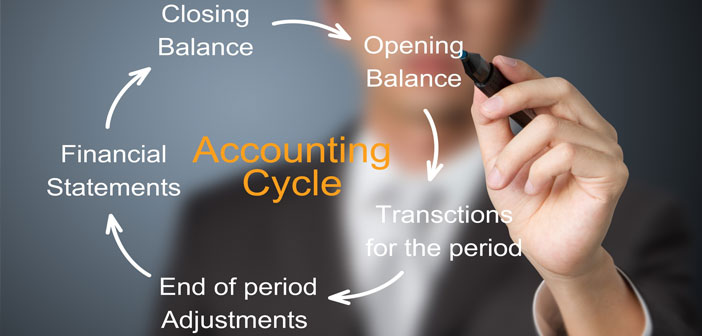Some small businesses run their accounting functions as smoothly and efficiently as one could hope for. These are businesses that are keeping things managed on a routine basis and people with proper skill sets handling areas that need professional help. However, a good number of small businesses struggle to keep things on track with their recordkeeping. For the slightly disorganized owners and managers this article offers some simple accounting tips and advice.
At the top of the list I mention that keeping things as simple as possible with your accounting system goes a long way. This includes possibly printing a manual copy of an invoice or other document and filing it in away. Sometimes special instructions are hand written directly on the invoice or there may come a day power is out or your computers go down. These are the times when if you can go to your paper files and pull out what’s needed easily your glad you took the time to file it in the first place.
There’s a routine to running an office. Things like paying vendor’s invoices once a week, doing payroll on such and such a day and balancing the company check book all should be done with consistency and by the same person as much as possible. Simple things like keeping things tidy and clearing old document files can pay great dividends in ease of operations in the future. Sometimes taking time to do a major cleaning of the office can work wonders. This might include putting into storage old files that have been taking up cabinet space. Making sure all computer files are backed up goes a long way too. Then one might consider reviewing security questions in the office. In one office I work at the office manager has one computer containing sensitive information that is never connected to the internet. Another company knows they should back up their data but don’t. Understanding their own human frailty, they use a cloud based accounting system for their valuable customer client files. It’s very inexpensive to use and has the advantage of being easily viewed from outside the office.
When it comes to the small business owner who keeps his own books I especially suggest simplicity. Perhaps write checks and make invoices with the computer program of your choice. Using an accounting program to make your own profit & loss statement can be tricky. If your business is very small, better to list expenses on a spreadsheet like Excel or piece of columnar paper than to grind away with an accounting program you are not properly trained to use. Being able to see income and expenses clearly listed in rows and columns with totals at the bottom of the page is easy to understand. For the “cash basis” small business one simple way of figuring income is to add all the total deposits from the years bank statements (too simple I know). If this is done remember to deduct out any items like loans, investments, and returned checks hidden in the bank deposit column.
There are many techniques to an efficient accounting system. Thinning the chart of accounts deleting accounts not used or combining small but similar accounts makes it easier when posting expenses. If a bank statement is hard to reconcile because of several classes of different numbered checks and automatic bank debits consider doing a manual reconciliation (on paper if necessary). In general anything that makes the system run smother or more accurate is worth considering.
Ivan Philip Ivarson is an accountant and former IRS Enrolled Agent. He has a BBA in accounting from Loyola University. He can be e-mailed at [email protected]. His phone number is (773) 733-1123.




